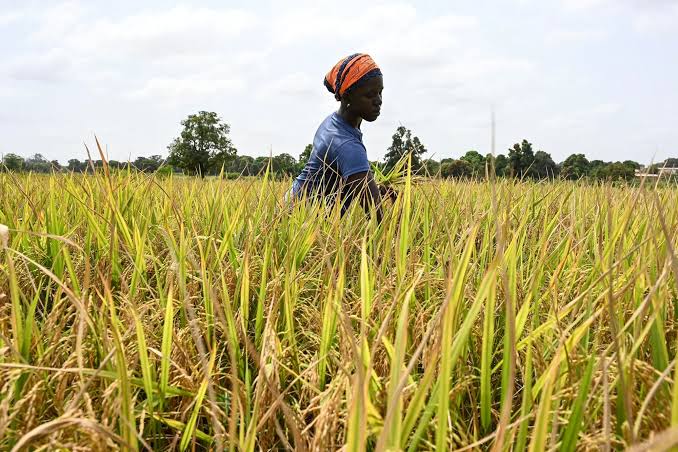Togo is projected to require nearly $14 billion (around 8,320 billion FCFA) by 2050 to combat the impacts of climate change, as highlighted in a recent World Bank report focused on climate-resilient development strategies.
This figure signifies one of the most substantial investment requirements relative to GDP in the sub-region, underscoring the significant structural challenges that the West African nation faces due to climate change.
Annual economic effort of 6.2% of GDP
By 2035, the World Bank estimates that climate-related investment needs will amount to 6.2% of GDP each year. This places considerable strain on Togo’s public finances, especially in a context of limited budgetary resources and the necessity for fiscal discipline.
By 2050, these investment needs are anticipated to approach $14 billion, with around 40% allocated for adaptation measures (such as coastal protection, agriculture, water management, and health) and 60% for mitigation efforts (including renewable energy, energy efficiency, and sustainable transportation). The World Bank warns that Togo’s vulnerability to climate risks—such as floods, droughts, rising sea levels, and heat waves—poses a direct threat to its growth potential, food security, infrastructure, and social stability. The report states, “Climate change is already impacting the Togolese population, leading to more frequent and severe heat waves, erratic rainfall patterns, and escalating coastal erosion that disrupt livelihoods and economic activities.”
Engaging the private sector
In light of the extensive needs, the report suggests various strategies, particularly the urgent mobilization of both public and private funding through innovative mechanisms like green bonds, climate guarantees, and public-private partnerships. The private sector is thus encouraged to take on a more significant role, especially in energy investments and agricultural adaptation initiatives.
The document emphasizes the necessity of enhanced governance, an incentive-driven regulatory framework, and improved intersectoral planning. Without coordinated efforts, the economic and social repercussions of climate change could pose a significant barrier to the nation’s development.
The significance of agriculture
The agricultural sector is vital to the nation’s economy, contributing approximately 40% to GDP and employing 70% of the impoverished population. This sector is crucial for overall economic stability.
Specifically, it advocates for the development of climate-smart agricultural practices through targeted investments aimed at bolstering the sector’s resilience against challenges such as heat stress, erosion, and disease. If no measures are taken, production could decline by 12.3% over the next 25 years, jeopardizing food security and rural stability.
Innovative financing to bridge the gap
In terms of innovative investments, the country should initially focus on “low-cost, high-return investments,” leveraging the private sector while enhancing resource allocation efficiency through governance reforms. Concurrently, it is advisable to explore new revenue sources and gradually improve access to climate financing mechanisms.
These suggestions align with the country’s recent initiatives in sustainable financing. Last October, the nation implemented a Sustainable Financing Framework aimed at attracting investments that support the Sustainable Development Goals (SDGs). This framework is designed to channel new funds into fourteen categories of eligible expenditures, including five focused on climate and environmental initiatives, and nine related to priority social projects aimed primarily at the most vulnerable communities.
Additionally, it is worth noting that the National Assembly has recently passed legislation addressing climate change. This law establishes a legal and institutional framework to organize adaptation and mitigation strategies through the mobilization of resources essential for executing climate policies.






